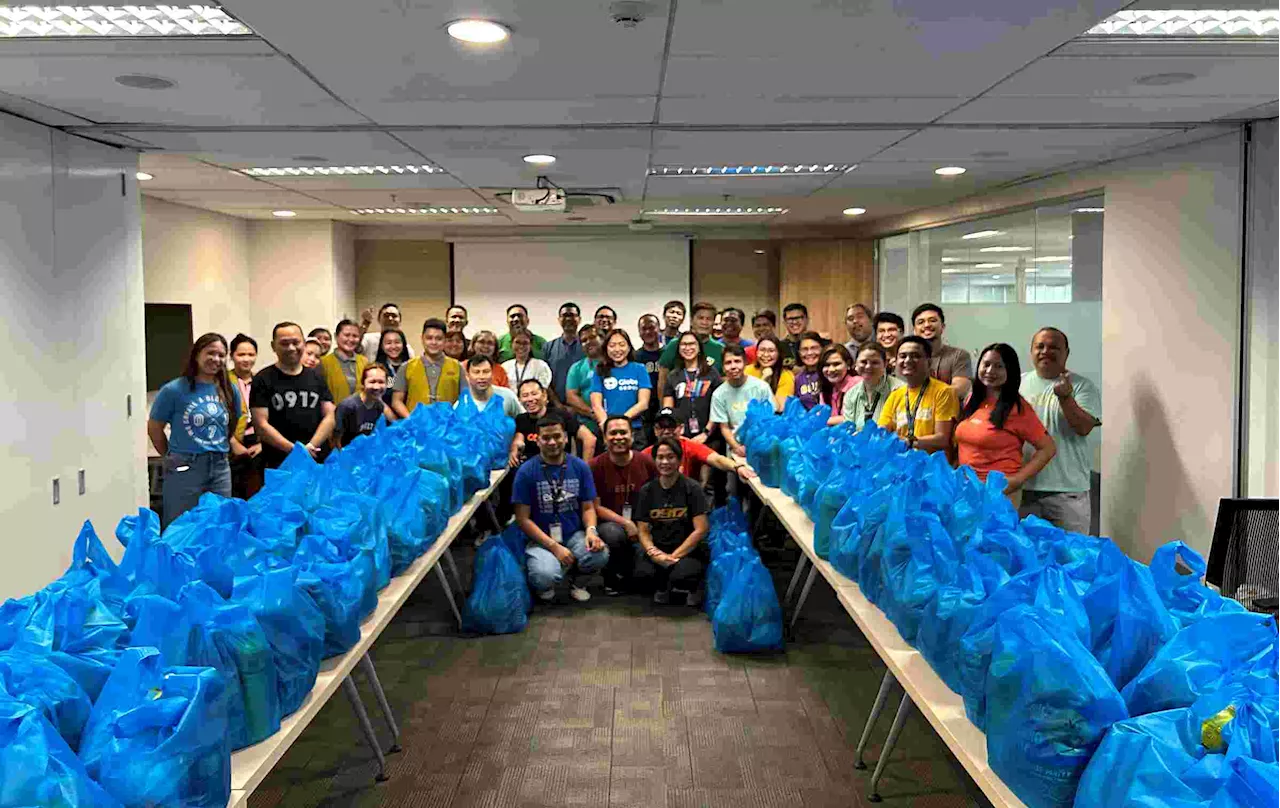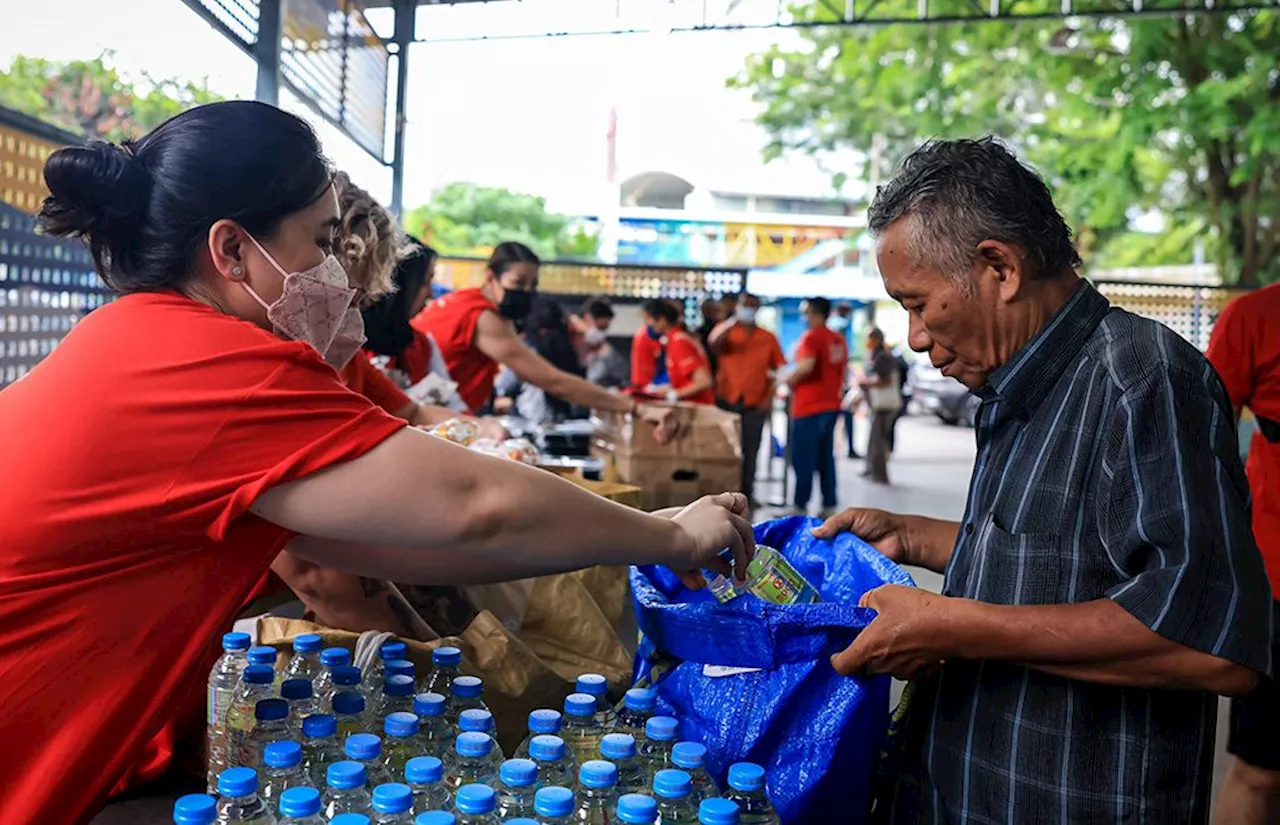China's pursuit of food security is driving a global shift in agricultural trade, as the nation diversifies its food sources beyond traditional Western suppliers. This strategic move benefits countries from the Global South and reshapes the over $1 trillion global agricultural trade.
China's quest for food security has led them to explore diverse sources beyond traditional Western suppliers. This shift has seen them engage with countries like Kenya and Bolivia, tapping into their macadamia nut groves and cattle ranches respectively. This strategic move, driven by a desire to diversify food sources, benefits countries from the Global South , particularly as geopolitical tensions increasingly divide the world into distinct blocs.
The impact of this diversification is evident in the growing market share gained by countries like Brazil, which has capitalized on the US trade war by exporting more corn and soybeans. Russia, too, has benefited by selling increased quantities of grains, edible oils, and meat to China. This expansion encompasses a range of products and suppliers, highlighting Beijing's determination to secure its food supply chain and cultivate new trade partners.China's leading position as the world's largest agricultural importer makes its quest for food security a significant global issue. Tariffs have proven to be a potent weapon for China in retaliatory measures against trade disputes. As US President Donald Trump returns to office and anticipates escalating trade conflicts, China appears better equipped to withstand such economic shocks. Experts believe China's strategy of diversifying its agricultural imports allows it to rely on international markets without creating vulnerability. This shift has already created ripples across the globe, impacting countries like Vietnam. Vietnam has emerged as a major supplier of lobsters to China, capitalizing on the import ban imposed on Australian lobsters in 2020. As China prepares for the Lunar New Year, demand for seafood is expected to surge, further bolstering Vietnam's lobster exports. Beyond lobsters, China has expressed its commitment to open its market to a broader range of Vietnamese agricultural products. This move has resulted in a significant boost in bilateral trade between the two countries. Africa also plays a role in this emerging food trade dynamic. From avocados to honey and mutton, China is actively exploring new agricultural imports from nations like South Africa, Zimbabwe, Tanzania, and Madagascar. This diversification strategy reflects China's response to the US trade war, which targeted American nuts with higher tariffs
Food Security CHINA AGRICULTURAL TRADE FOOD SECURITY GLOBAL SOUTH TRADE WAR VIETNAM KENYA BRAZIL RUSSIA AFRICA
Philippines Latest News, Philippines Headlines
Similar News:You can also read news stories similar to this one that we have collected from other news sources.
 Globe Employees Pack Over 3,000 Food Packs for Disaster Relief on World Food DayIn observance of World Food Day 2024, Globe Telecom employees packed over 3,060 food packs to aid those affected by disasters in the Philippines. The company's Hapag Movement and Employee Volunteering Engagement Program focused on addressing food insecurity, a pressing issue with 16.8% of Filipinos experiencing moderate hunger and 6.1% facing severe hunger, particularly in Mindanao and Visayas. Globe collaborated with Rise Against Hunger PH, Ayala Foundation, and Tzu Chi Foundation Davao to distribute food, promote digital inclusion, and provide cybersecurity education to vulnerable communities.
Globe Employees Pack Over 3,000 Food Packs for Disaster Relief on World Food DayIn observance of World Food Day 2024, Globe Telecom employees packed over 3,060 food packs to aid those affected by disasters in the Philippines. The company's Hapag Movement and Employee Volunteering Engagement Program focused on addressing food insecurity, a pressing issue with 16.8% of Filipinos experiencing moderate hunger and 6.1% facing severe hunger, particularly in Mindanao and Visayas. Globe collaborated with Rise Against Hunger PH, Ayala Foundation, and Tzu Chi Foundation Davao to distribute food, promote digital inclusion, and provide cybersecurity education to vulnerable communities.
Read more »
 New Food Brand Aims to Bridge the Halal Food Gap in the PhilippinesAlBarakah, a new food brand in the Philippines, aims to cater to the growing demand for halal-certified food by offering a variety of products ranging from corned beef to coffee.
New Food Brand Aims to Bridge the Halal Food Gap in the PhilippinesAlBarakah, a new food brand in the Philippines, aims to cater to the growing demand for halal-certified food by offering a variety of products ranging from corned beef to coffee.
Read more »
 Global Food Prices Drop in 2024 but Remain ElevatedThe UN Food and Agriculture Organization (FAO) reports a 2.1 percent decline in global food commodity prices in 2024 compared to the previous year. While prices have eased from their pandemic highs, they are still significantly higher than pre-Covid levels, with a 26 percent increase compared to five years ago. The FAO's Food Price Index averaged 122.0 points in 2024, driven by increases in meat, dairy, and vegetable oil prices, offsetting decreases in cereals and sugar.
Global Food Prices Drop in 2024 but Remain ElevatedThe UN Food and Agriculture Organization (FAO) reports a 2.1 percent decline in global food commodity prices in 2024 compared to the previous year. While prices have eased from their pandemic highs, they are still significantly higher than pre-Covid levels, with a 26 percent increase compared to five years ago. The FAO's Food Price Index averaged 122.0 points in 2024, driven by increases in meat, dairy, and vegetable oil prices, offsetting decreases in cereals and sugar.
Read more »
 Food Banks Combat Hunger and Climate ChangeGlobal Foodbanking Network's impact on mitigating carbon emissions through food redistribution.
Food Banks Combat Hunger and Climate ChangeGlobal Foodbanking Network's impact on mitigating carbon emissions through food redistribution.
Read more »
 US-China Relations: Challenges for China in the Next Four YearsJoin Rappler editor-at-large Marites Vitug and UP Diliman political science associate professor Jan Robert Go for a discussion on the future of US-China relations under a second Trump administration.
US-China Relations: Challenges for China in the Next Four YearsJoin Rappler editor-at-large Marites Vitug and UP Diliman political science associate professor Jan Robert Go for a discussion on the future of US-China relations under a second Trump administration.
Read more »
 China Coast Guard's 'The Monster' Intrusion Raises Tensions in South China SeaThe world's largest coast guard vessel, 'The Monster,' belonging to the China Coast Guard, entered Philippine waters on January 4th, 2024, sailing close to Luzon island. This incursion, monitored by SeaLight, a maritime transparency project, further escalates tensions in the disputed South China Sea. The 12,000-ton vessel, accompanied by other Chinese vessels and militia ships, asserts China's claim of jurisdiction over Scarborough Shoal, a traditional fishing ground for Filipino fishermen.
China Coast Guard's 'The Monster' Intrusion Raises Tensions in South China SeaThe world's largest coast guard vessel, 'The Monster,' belonging to the China Coast Guard, entered Philippine waters on January 4th, 2024, sailing close to Luzon island. This incursion, monitored by SeaLight, a maritime transparency project, further escalates tensions in the disputed South China Sea. The 12,000-ton vessel, accompanied by other Chinese vessels and militia ships, asserts China's claim of jurisdiction over Scarborough Shoal, a traditional fishing ground for Filipino fishermen.
Read more »
